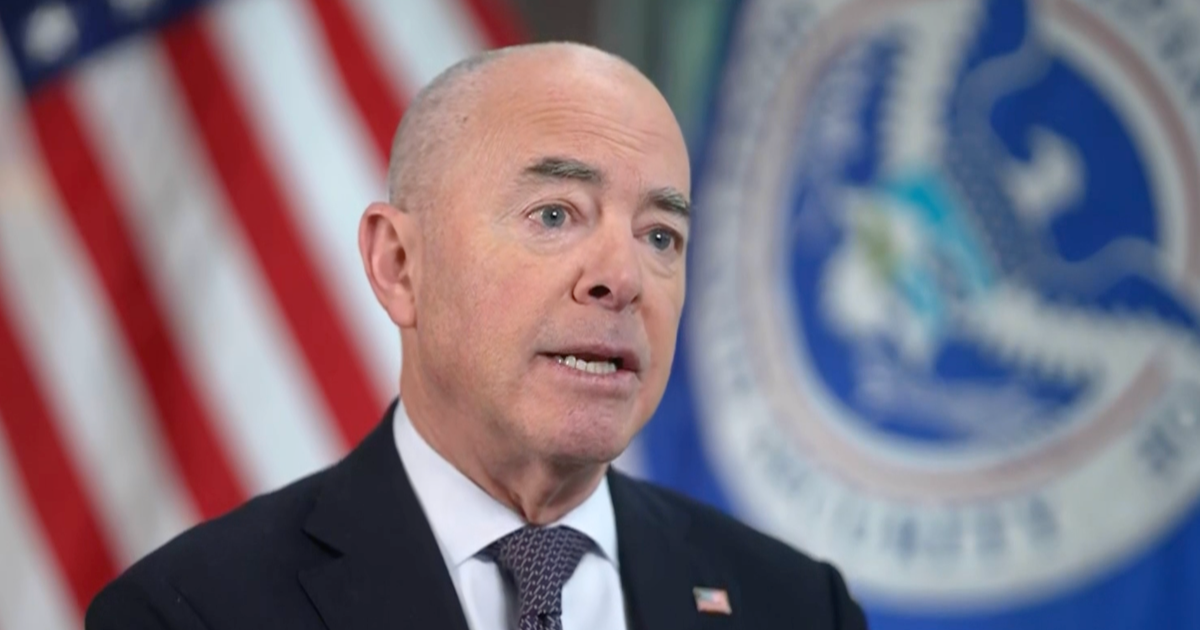Kirsten Gillibrand proposes "Family Bill of Rights" to make raising children safer, more affordable
Sen. Kirsten Gillibrand released her "Family Bill of Rights" Wednesday morning, a policy proposal meant to make raising children safer and more affordable.
The presidential candidate said that passing the plan through Congress would be the "priority" of her administration within its first one hundred days. The plan is broken into five "fundamental rights" that would "dramatically transform child's health, safety, and future academic success," according to a press release.
Focusing on various aspects of childcare up to kindergarten, Gillibrand said her plan "levels the playing field starting at birth" for children and parents.
The plan also aims to fight pregnancy complications and maternal mortality by "providing states and hospitals with access to new resources to develop and implement standardized best practices." Gillibrand also proposed solutions modeled after a 2017 bill introduced by former North Dakota Sen. Heidi Heitkamp, which called for funding to study maternal and obstetric health records in rural regions of the country.
The "Family Bill of Rights" would implement equal adoption rights meant to prevent discrimination against prospective parents belonging to any religion, socioeconomic class, or gender. To make adoption more affordable, the plan offers a refundable tax credit for families that have adopted.
To make caring for newborns more affordable, the policy includes a program of "baby bundles" which would send new parents home from hospitals with goods such as diapers, onesies, and baby mattresses, provided by the Department of Health and Human Services (HHS).
The plan also proposes universal pre-k, paid family leave, and universalizing the Children's Health Insurance Program (CHIP), which would auto-enroll newborns into government-funded health care.
To pay for the plan, Gillibrand would enforce a financial transaction tax, which places a 0.03-percent tax on every Wall Street transaction. According to the senator's proposal, the tax would raise over $777 billion over ten years.
This rollout comes on the heels of state legislators passing restrictive abortion laws across the country. Gillibrand has undertaken a media blitz over the past week in an attempt to become the Democratic field's most outspoken abortion rights proponent.
"The resources and care available at the start of a child's life have a crucial impact on their health, safety, development and future success. Yet not every child starts on equal footing," Gillibrand said in a press release.
Gillibrand's "Family Bill of Rights" will be tested against other presidential hopefuls' plans. New Jersey Sen. Cory Booker introduced legislation earlier this month at reducing maternal mortality rates. Likewise, Massachusetts Sen. Elizabeth Warren proposed the "Universal Child Care and Early Learning Act" in February.



